Budget
Tanzania is a relatively cheap destination. Safaris and Kilimanjaro expeditions, however, are pretty expensive.
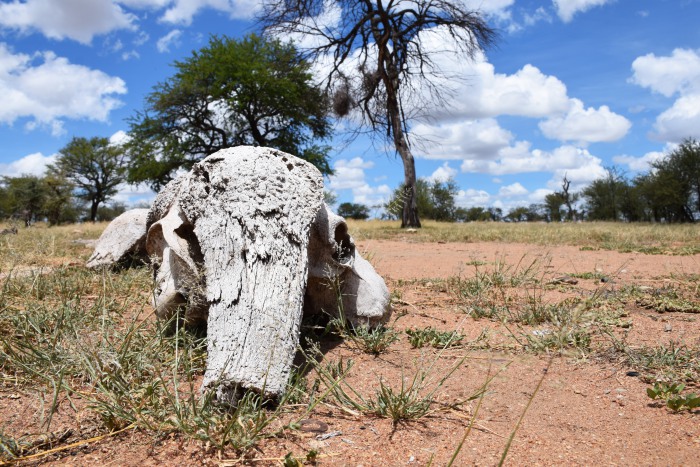
ATMs are only located in major cities like Dar es Salaam, Moshi, and Arusha. The ATM usage fee is around 10 USD (8 EUR). The ATM daily limit is usually 400.000 TSH (178.5 USD/145.9 EUR). Most ATMs accept Visa cards, MasterCard is not as widely accepted. Barclays’s ATMs are very reliable, so are Forex exchange offices. After withdrawing money, always make sure to count the money and take the receipt. A 5-15% credit card surcharge applies when paying by credit card. In Tanzania, they do not accept pre-2006 US dollars.
• Prices for private rooms start at 10 USD (8 EUR) in Dar es Salaam and Arusha, and 15 USD (12 EUR) in Moshi.
• Food prices are generally very low. Prices for a budget dinner start at around 1.5 USD (1.2 EUR). Street food is definitely cheaper than eating in tourist restaurants.
• Transportation costs are affordable as well. Public transportation fares within the cities start at around 0.13 USD (0.11 EUR). Prices for a 10-hour intercity bus ride from Dar es Salaam to Moshi or Arusha start at 25 USD (20.5 EUR).
• Safaris and Kilimanjaro trekking expeditions are expensive but worth the money. We paid 680 USD (556 EUR) per person for a 4-day safari package. The price included all transportation, accommodation, park tickets, guide fees, water, and three meals a day.
To save some more money, check out our Budget cutting tips.
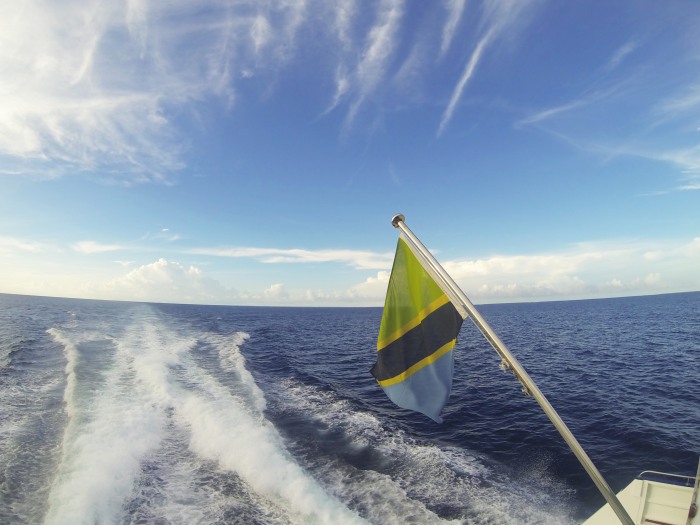
Where to stay
You can find great accommodation options on Booking. Make sure to search for private rooms popular for romance. 😉 On Airbnb you can rent furnished apartments – those are usually cheaper than most hotels and they offer you the real Tanzanian experience.
Best time to go
The climate in Tanzania is mainly tropical. The temperatures are warm year round. There are two rainy seasons – the short rains are from October to December and the heavy rain season is between March and May. The best time to go on a safari is anytime between early June and late February. June to September are the peak months for the Great Migration. The best time to climb Mount Kilimanjaro is between July and October or January to March. Avoid the coastal region during the main rainy season (between March and May).
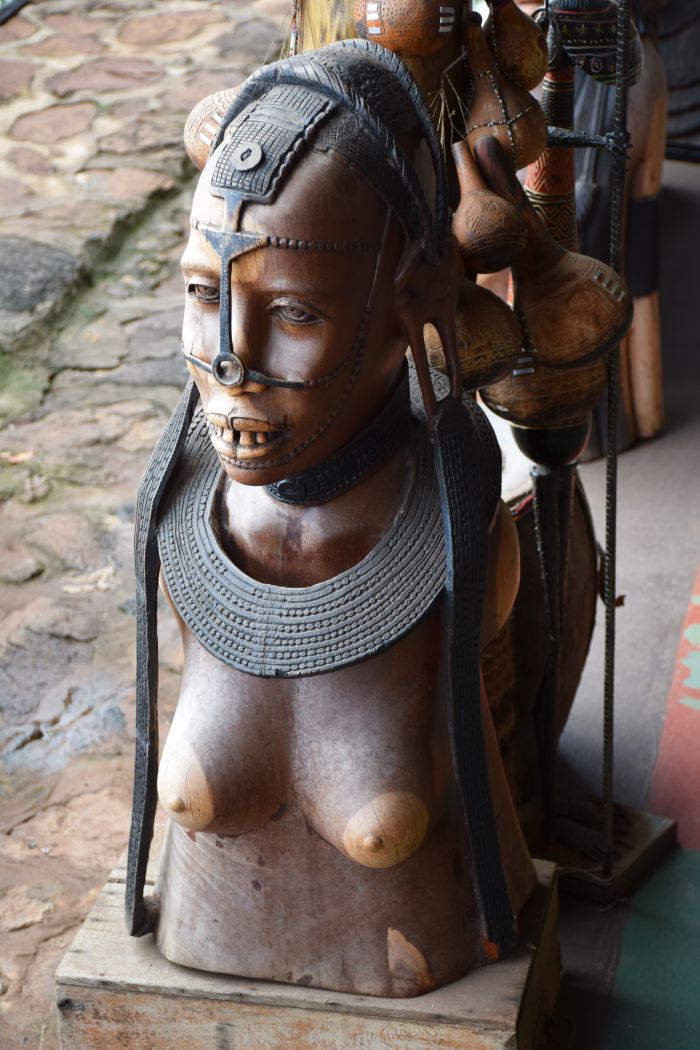
Other information
♦ Planning and preparation: check out our planning routine here.
♦ Packing: check out the honeymoon adventurers’ ultimate packing list here.
♦ For other travel tips check out Travel like a pro, Travel for couples, Honeymoon styles, Honeymoon activities, Responsible tourism, and Travel resources.
♦ Language: The official language in Tanzania is Swahili. Many locals also speak English, Arabic, French or Italian. Check out the typical travel vocabulary (in English) here. Learn useful travel phrases in Swahili here.
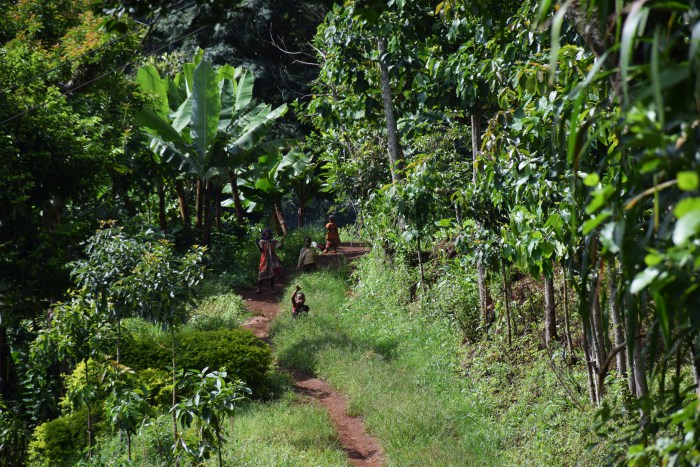
♦ Currency: Tanzanian shilling (TZS)
♦ Visa or other entry requirements: All visitors to Tanzania are required to have a valid travel document. Make sure that your passport is valid for at least six months after your departure from Tanzania. Visa requirements depend on the traveler’s nationality. Citizens of most countries may obtain a visa on arrival. Cost: 50/100 USD. For more information check out their official website.
♦ Electricity standards: The power plug types in Tanzania are D and G, the standard voltage is 230 V and the standard frequency is 50 Hz.
♦ Time zone: UTC+03:00
♦ Immunization recommendations and requirements: There are no vaccination requirements for visitors to Tanzania. However, it is recommended to get travel vaccines and medicines for tetanus, hepatitis B, typhoid, hepatitis A, rabies, cholera, yellow fever, and malaria. To prevent malaria avoid mosquito bites. The government of Tanzania requires proof of yellow fever vaccination upon arrival if you are traveling from a country with risk of yellow fever (this does not include the US). Currently, Zika virus is a risk in Tanzania.
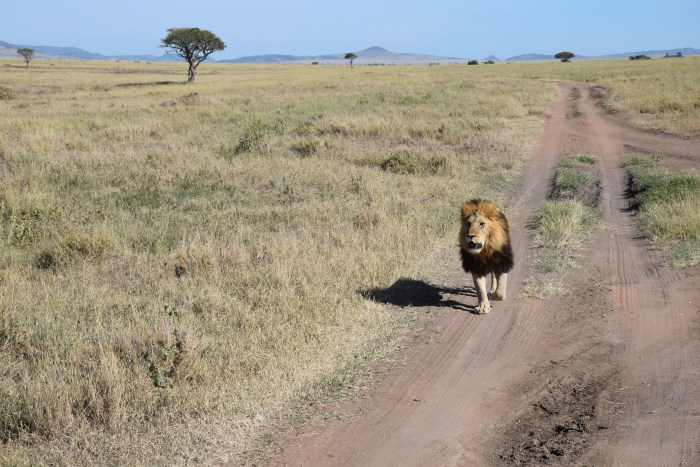
♦ Health and safety tips:
You should always make sure to follow the usual travel safety precautions:
- Leave your jewelry and other valuable belongings in the hotel safe.
- Keep your emergency cash apart from the rest of your money.
- Dress comfortably and carry only the items you will need for the day.
- Don’t carry a lot of money.
- Always make sure to lock your room before leaving the hotel.
- Be aware of your surroundings at all times.
- Stay in well-lit areas.
- Try to maintain a low profile and do your best to fit in.
- Carry a travel wallet/money belt/money pouch for carrying money and documents safely.
- Avoid contact with potential scam artists.
- Avoid showing off valuable belongings (like cameras) in public.
- Don’t count your money in public.
- Keep an eye on your belongings at all times.
For other common safety concerns in Tanzania, check out Lonely Planet’s safety tips. For common health concerns check out Lonely Planet’s health tips.
To stay healthy while traveling, check out our health travel tips.
• Tap water in Tanzania is not safe to drink. Drink boiled, bottled or filtered water instead.
* Always make sure to reuse a water bottle to cut down on waste.
• Tanzania is very close to the equator and the sun is very strong. Therefore, always make sure to use sunscreen.
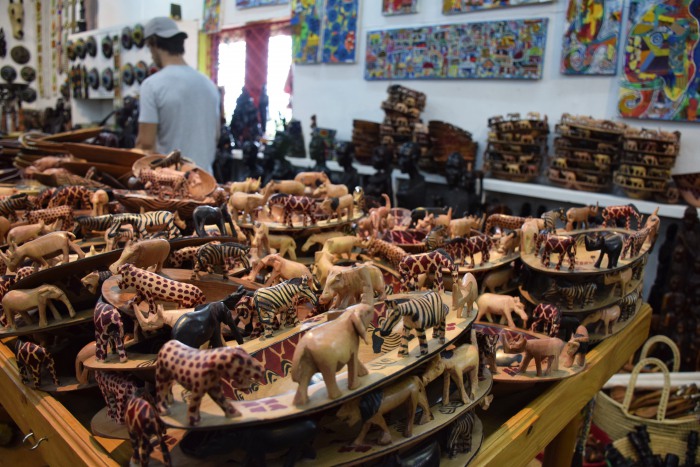
♦ Local Customs: Tanzanians are polite, respectful, and usually welcoming to foreigners. In tourist areas, touts are often somewhat pushy. When meeting someone personally a friendly handshake is customary; greetings between men and women depend on the nature of the relationship – a bow or a nod may suffice. Avoid wearing a bikini elsewhere than on the beach. In the rural regions and in Zanzibar revealing clothes (shorts and tank tops) and sloppy attire are frowned upon. Women are expected to dress modestly (skirts below the knees and shirts with sleeves). Bargaining is acceptable and sometimes even necessary. Tipping is expected and welcome in hotels, restaurants, and especially on safaris and expeditions to Kilimanjaro.
Check out top things to see and do in Tanzania, as well as top romantic experiences and adventures here.


